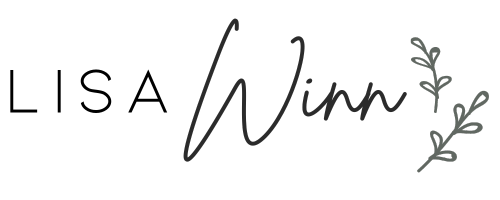The Cost of Constant Go Mode: How Overwhelm Impacts Performance, Creativity & Connection
Let me ask you something - when was the last time you truly switched off?
Not just closed the laptop. I mean mentally let go, exhaled, and actually felt present in your body - not chasing the next to-do?
If your brain's on a never-ending hamster wheel of go-go-go, you're definitely not alone. I work with high-achievers every day who wear "busy" like a badge of honour… until the cracks start to show.
Here’s the thing no one talks about:
🔹 That constant pressure? It’s not just exhausting - it’s costing you.
The Hidden Cost of “Always On”
Performance: You’re sharp - but constant cortisol? It dulls your edge. You react faster, but not smarter. You finish the task… but was it your best work?
Creativity: Good ideas don’t come when you’re working with a pause. They sneak in when you’re walking the dog or breathing in silence between meetings. But if there’s never a pause… there’s no space for the spark.
Connection: When your nervous system is in overdrive, it’s hard to be fully with people - your team, your partner, even yourself. You’re there… but not really.
The truth is, we weren’t meant to be “on” 24/7. And the longer we fake it, the more our minds and bodies pay the price.
So what’s the antidote?
Rest is not a reward - it’s a strategy. Resetting your nervous system isn’t “woo” - it’s science.
And learning to switch off is actually how you turn on your fullest potential.
Whether you’re leading a team or leading yourself through a high-pressure period of life, breath-led practices can help you reclaim clarity, presence, and energy - without needing a sabbatical or a yoga retreat. (Although far be it from me to stop you from booking either of those! 😉)
Remember: you don’t have to push harder to go further.
You just need to breathe - differently.
Want more to find out more? Contact me to explore my bespoke corporate breathwork and wellbeing workshops.
